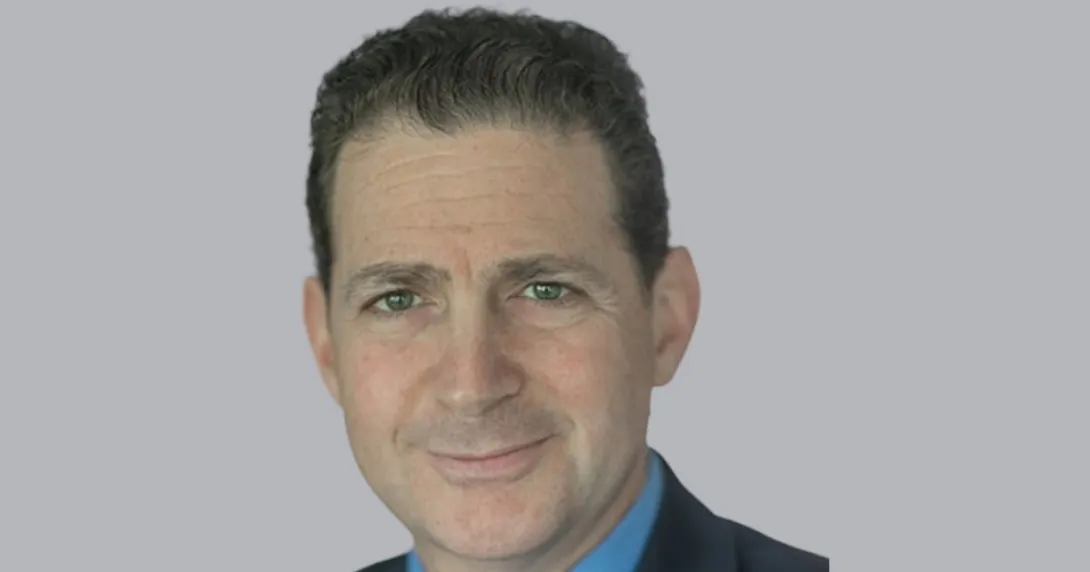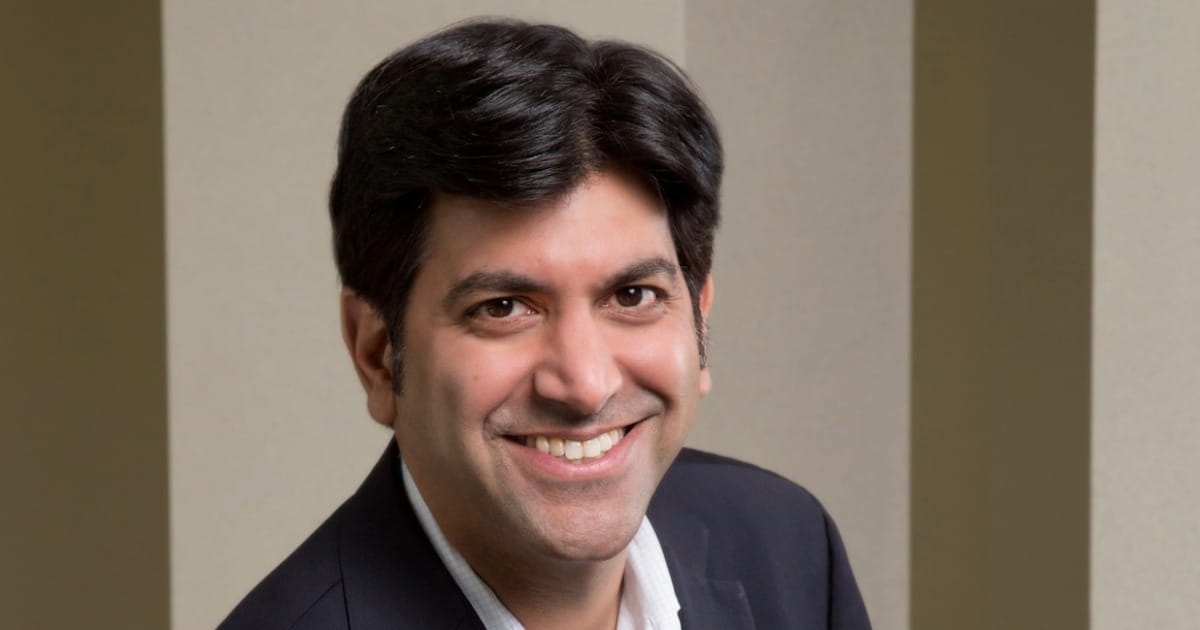
Dr. Eyal Zimlichman, chief transformation, innovation and AI officer at Sheba Medical Center and Future of Health co-chairman
Photo courtesy of Future of Health
LOS ANGELES – At the recent Future of Health Annual Summit here, Dr. Eyal Zimlichman, chief transformation, innovation and AI officer at Sheba Medical Center (Israel's largest hospital) and Future of Health co-chairman, sat down with MobiHealthNews for an in-person interview to discuss FOH, its drive and the implementation of healthcare technology.
MobiHealthNews: Can you tell me about Future of Health?
Dr. Eyal Zimlichman: I'm co-chairman, together with Chip Kahn. We started FOH in 2018. The initial focus was the hospital, the future hospital, but very quickly, we understood we had to look much broader than just the hospital, and look at the full system.
Because of the success of the initial meeting back in 2018, it became its own program, and right now becoming its own company, a not-for-profit company here in the U.S. that is bringing together healthcare leaders from around the world. We really have the full diversity of all stakeholders around the table, not just hospitals and primary care providers, but also payers and industry and policymakers, and, of course, patients as well. So they all have a seat at the table. And the idea is to create a vision, a North Star, for where we all need to be going, and how we get from where we are to where we need to be.
MHN: What do you do at Sheba Medical Center?
Zimlichman: I have the hat of chief innovation transformation and AI officer at Sheba, and am also the director of the ARC Global Innovation Program.
ARC is the execution arm that takes the FOH vision and turns it into reality.
MHN: You've been in this space for quite some time. What healthcare technologies make you nervous? Are there any you hope are carefully implemented?
Zimlichman: Well, I think every technology makes me nervous because it's about the implementation. It's about building it in the right approach, introducing it into existing workflows. For years, we thought that we needed to serve the technology, rather than technology serving us.
Electronic records, for example, are adding huge amounts of work to clinicians and have been the No. 1 factor in driving burnout on multiple surveys that have been done with clinicians. So, that's a concern.
It is seemingly a very good technology that's supposed to help us but is actually having a negative impact in many ways. So, how do we bring the technology and implement it in the proper way that will drive value for everyone?
And, of course, artificial intelligence comes to mind because the same concept as with electronic records – we could introduce it and create harm in the system, but we could introduce it and create a lot of benefits.
So it is up to us, and we need to be engaged. It is not just about the Microsofts and the Googles of the world. We need to be engaged. We need to be on top of things, exactly on how it's going to be used, where it's going to be used, and what are some of the guardrails that we will need in place to make sure that it does create the value and not an added factor on burnout and potentially hurting patients.
MHN: As chief AI officer at Sheba, how do you ensure that, as AI progresses, it is not implemented in a way that is going to do more harm than good?
Zimlichman: We basically work very slowly, very carefully to implement AI with the right guardrails, the right safety measures, and when we work on introducing a new chatbot or a new avatar that would interact with clinicians or with patients, we test it many, many times, and there are ways to do this in a proper way.
One of our clearest examples is an avatar we've created in collaboration with Microsoft [Mentaily] to triage and diagnose patients with mental health conditions and thousands and thousands of mental health specialists' hours have gone into fine-tuning it. We've gone through three cycles of clinical trials to get it to a point where we think it's ready to actually be used with patients.
At the end of the day, there are regulatory bodies, and the regulatory bodies have to determine whether something is safe enough to be used. [Mentaily] has been submitted for regulation in Israel based on research done in Israel and is now undergoing research in the U.S., to be submitted in the next year for regulation in the U.S.
So, there are mechanisms in place, like FDA regulations, but there are other regulations that we enforce ourselves because the regulatory market is not 100% ready yet for what AI is bringing. So, we need to be very vigilant, and that's exactly what we're doing.
MHN: What's really interesting about Future of Health, and HIMSS [MobiHealthNews' parent company] does this as well, but here it happens on a much smaller scale and is very personal. You're bringing together major healthcare organizations, CEOs and executives from around the globe, and the public sector, to talk about improving healthcare. Do you think there is one country or region that is getting it right?
Zimlichman: It's a very good question. There are a lot of countries that are getting some elements right. Nobody has figured everything out, but that is exactly why FOH is convening 14 different countries, where each one got something right, but we can share what worked and what didn't with each one and improve what we're doing for other countries. That's why FOH is unique.
There are some U.S. organizations doing something very similar, but they are only within the U.S., and so they're missing a huge opportunity to learn from other countries.
We know the U.S. healthcare system is not something that everybody needs to learn from. Again, there are some things to learn from, but a lot of room for improvement. And this is where other countries around the world are bringing their knowledge and experience.
At the end of the day, it is the leaders who make the decisions, so when they go back home, they are the ones who can start moving things and implementing things to drive value for our patients.
MHN: Do you find that a lot of those people go home to others who are receptive to what they have to say?
Zimlichman: So, it's part of the change management. We speak a lot about this. I mean, as you know, FOH has a closed event and an open event. Yesterday, we did our closed event, so people felt very open to speak, and we heard some frustration, or, you know, we're not moving fast enough, or regulation is holding me back, and so on. And again, we learn from each other on what worked in other places, maybe to quicken things and usher in the transformation that's supposed to happen.
We spoke quite a bit yesterday about primary care, which is in dire need of transformation. And we dealt a lot with the question of what we would have done if we could rethink primary care, just start from scratch? What would it look like? And that was the exercise we went through yesterday.
We spent four hours to try and reimagine primary healthcare. We got a lot of insights, which will not be just kept for us because with FOH, we publish the work that comes out, so it is open for the world to use. But it starts with our own organizations, and that's why the leaders that are here are so passionate about FOH and make an effort to travel across the world to join those meetings because of the value they get.


